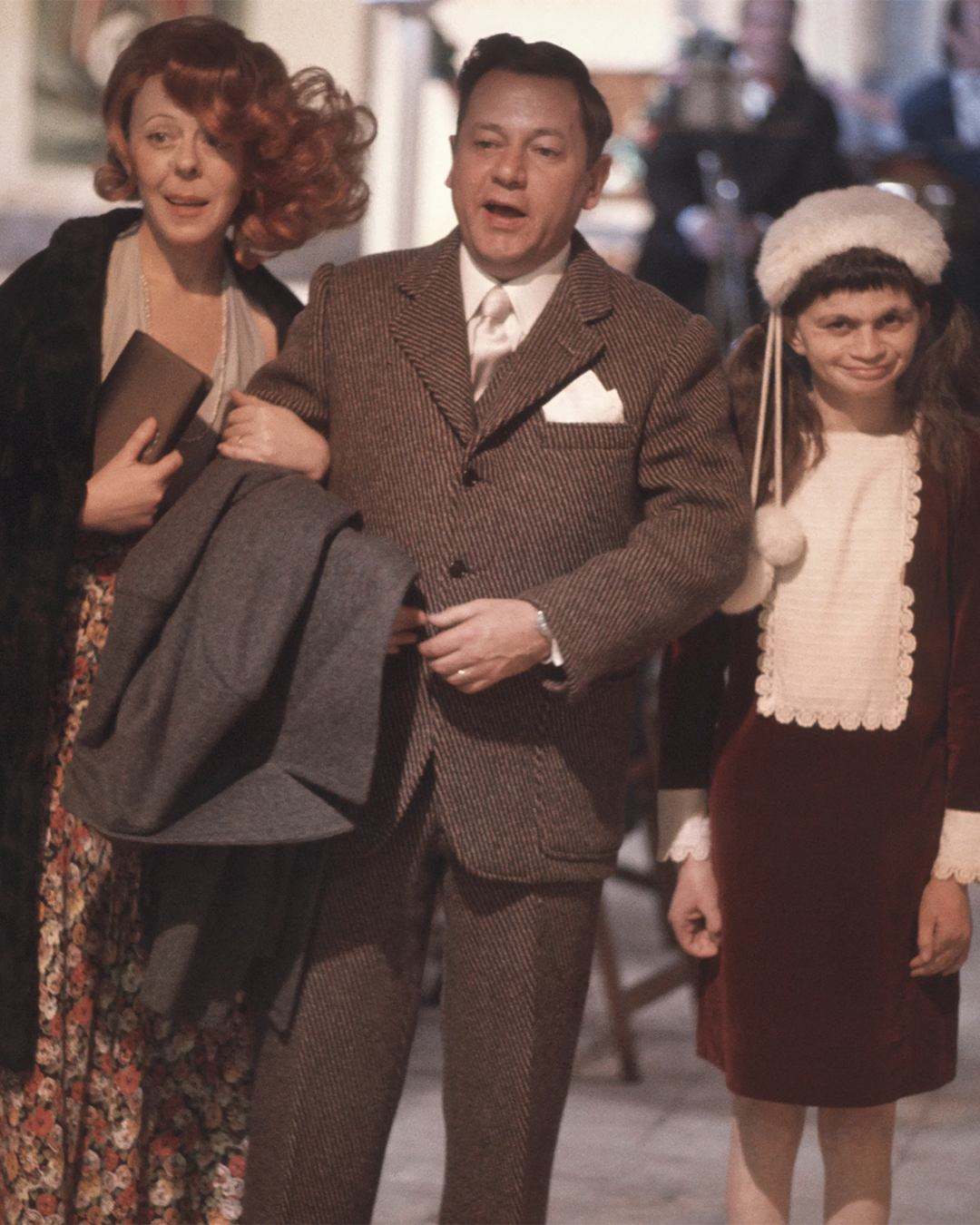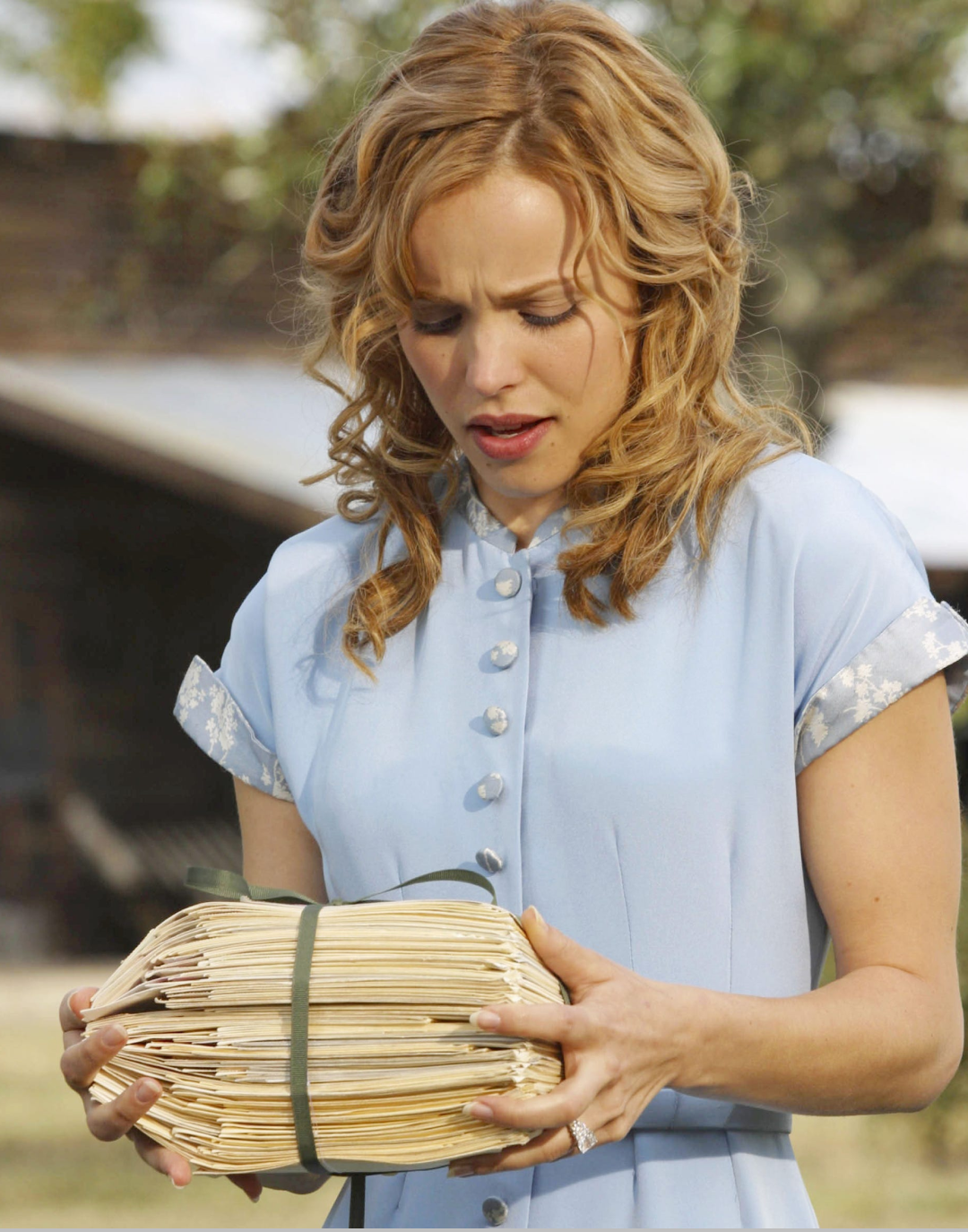
The intuition of Carême's spy-chef is appetising, but not fully successful Benjamin Voisin plays the real-life figure revisited in the AppleTV+ series
In the series Carême, the politician Charles Maurice de Talleyrand-Périgord explains to the young cook protagonist that only two impulses drive people. Not three, nor four, five or ten. Only two: fear and pleasure. If pleasure is understood as a primarily sexual urge, for the character, it can lie not only in our most intimate aspects, but also in our stomach. Eating, especially eating well, can be one of life’s greatest pleasures, and knowing how to direct that taste, how to produce and achieve it, allows one to hold a true weapon to be used for higher purposes, sometimes even for leading a country. Even when it comes to telling stories, two good ingredients are enough. First, one must build a solid story, clear, with well-defined characters. And, after laying the first layer, one can move on to the garnish. Carême operates on both fronts: in the original AppleTV+ series, the cook, who really existed, made his way to the court of Napoleon Bonaparte, while the creators Ian Kelly and Davide Serino take charge of his figure, not limiting it to a simple biopic, but seasoning it, precisely, with the spy genre.
Food becomes a resource in the series, made up of eight episodes, showing the union of two worlds that turn out not to be so far apart and allowing for the creation of a narrative in which all the tricks of the kitchen become tools and battlefields through which the protagonist can and must achieve his goals. Antonin Carême, played by Benjamin Voisin, is thus a spy who has no choice in the AppleTV+ series, a personality that absolutely cannot be missing from the court, especially in the 19th century years in which the series is set, able to enter the rooms and floors of the country’s top officials to determine turning points, decisions and, at times, the fate of a nation. Although Talleyrand explained well that pleasure can be something that transcends the sexual component, the creators of Carême could not avoid using the pairing often employed by cinema and television series, adding a touch of eroticism to the series, making the protagonist not only a kitchen ace, but a charming young man whose allure is as captivating as the dishes he serves.
Another aspect of the kitchen, known but opposite to what has recently been shown on screen, is the vision of a cook who is rather a rockstar – pardon, a spy, in this case – leaving aside the nervousness and idiosyncrasies of the job’s stress we’ve recently seen with Boiling Point and the better-known The Bear. The cuisine of Carême, therefore, is closer to the carnality and love of La Passion de Dodin Bouffant by Trần Anh Hùng, where again the dishes were not just simple dishes but a message exchanged differently each time by the characters. Far from the film’s authorial style and more geared toward the genre it refers to, the series nevertheless goes to the bone in its illustration of the equation food equals power and, although it benefits from the espionage intuition that breathes life into the product, it does not develop it with the necessary intrigue or staging worthy of the phantasmagorical culinary tricks the chef is capable of. If the protagonist excels in his art, the series instead settles into a sufficient, unexciting, somewhat anonymous perimeter and thus ends up devaluing the undercover chef gimmick itself. Not to mention some of the performances given by the cast, as artificial as the costumes and hairstyles seem at times, distracting from the historical period rather than immersing the viewer in it. Then everything fades: the fire of passion, the protagonist’s talent, his secret mission. What remains is the name and the curiosity about who Marie-Antoine Carême really was, not a spy in real life, but the inventor of haute cuisine as we know it.














































